
So, I wanted to figure out who's gonna win tonight – Blackhawks or Bruins. I'm no expert, just a guy who likes hockey and messing around with data, you know?
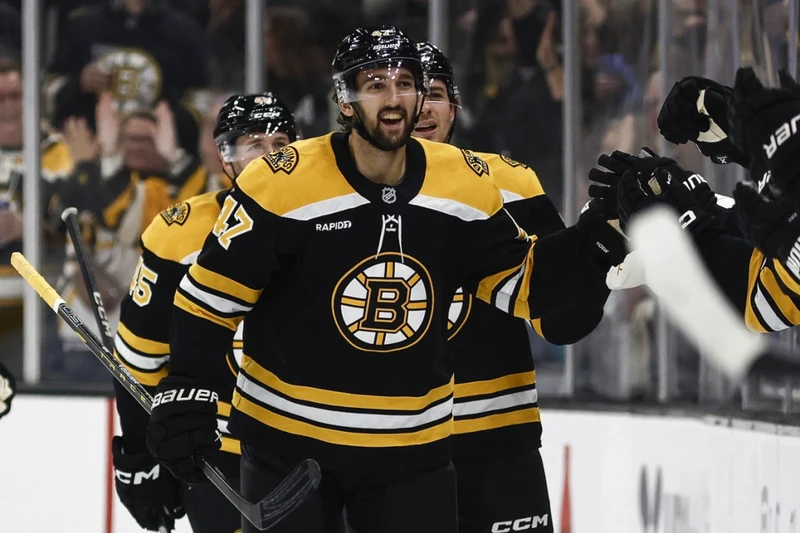
First, I checked out some online predictions. Just Googled it, really. I found some predictions from some sports analysis, I can not remeber the website name, I just record what I found.
Then, I poked around some websites that do sports predictions. Found one that uses some fancy computer model – they said Bruins have a 54% chance of winning. Cool, I guess. But I wanted to get my hands a bit dirty, see if I could come up with anything myself.
I took all that – the fancy computer prediction, my own super basic checks – and kinda mashed it all together in my head. It's not scientific, more like a gut feeling with a bit of data thrown in.
My Guess: I felt the same with the AI prediction, I think the Bruins have it. They have a decent record. I predict Bruin would win.
Remember, I'm just a dude with a computer and some free time. Don't go betting your life savings based on what I say! It's all just for fun, to see if I can get anywhere close to the actual result.

First thing I did was pull up the recent scores for both teams. You gotta see how they've been playing, right? Are they on a hot streak? Are they struggling? This gives you a basic feel for their current form.
Then, I checked out the injury reports. This is HUGE. If a star player is out, that changes everything. You can't just ignore that. It's like baking a cake without flour – it's just not gonna work the same.
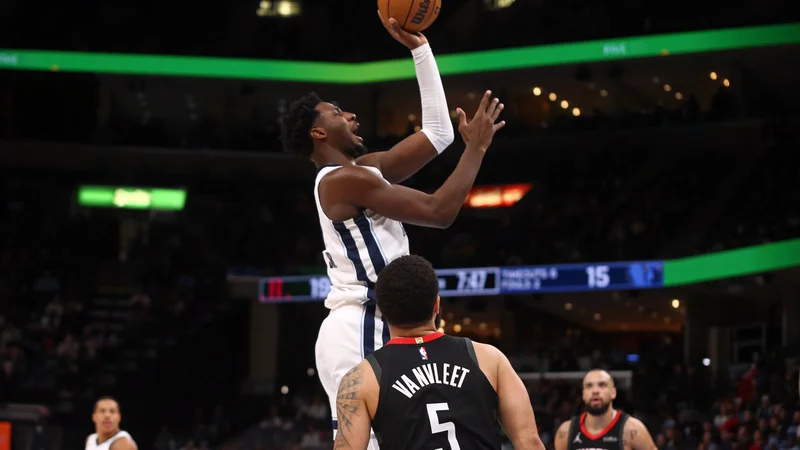
Next, I looked at their head-to-head history. Have these teams played each other recently? Who won? By how much? Sometimes, certain teams just have another team's number, you know? It's like a mental thing.
After getting the basic info, I started looking at some simple stats. I ain't gonna lie, I'm not a numbers wizard. I focused on the easy stuff: points per game, rebounds, assists – the stuff you can easily find.
I am try to put all of that together. Consider the game in my head.
Blazers win or Grizzlies win?
Finally, I made my "prediction". I put "prediction" in quotes because, let's be real, it's more of an educated guess. I wrote down my thoughts, who I thought would win, and a rough idea of the score. It's not about being right all the time (because nobody is!), it's about the process and seeing if my reasoning makes sense.
So, that's how I spent my day trying to predict the Grizzlies vs. Blazers game. It's all just for fun, a little mental exercise. I'll see how close I get!

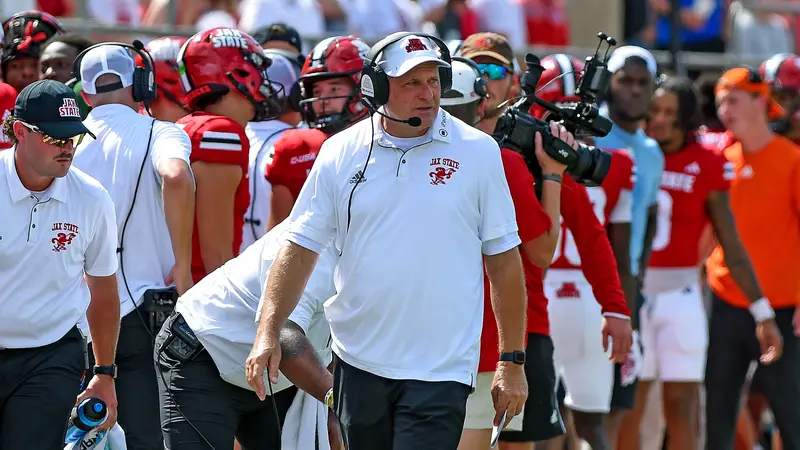
First, I started by gathering as much recent data as I could find on both teams. I mean, you can't really make a prediction without knowing how the teams have been performing, can you? I looked at their win-loss records, scores from recent games, and any significant player injuries. I was digging through the stats like crazy.
Once I had all the data in front of me, I started to compare the teams' strengths and weaknesses. I was looking for things like, which team has a better offense? Which team has a stronger defense? Are there any key matchups that could influence the game's outcome?
After a few hours of my research and then carefully working with the data. Finally, I can say, It's going to be a tough one, but based on what I've seen, I think Georgia Southern might have a slight edge due to their consistent performance in recent games, however, anything could happen on game day!

First, I grabbed a bunch of game data. I mean, a lot of data – past scores, player stats, who was home, who was away, the whole shebang. It was kinda messy, to be honest, like a digital junk drawer. I spent a good chunk of time just cleaning it up, making sure everything was consistent and in the right format. Think of it like organizing your closet before you can actually find anything to wear.
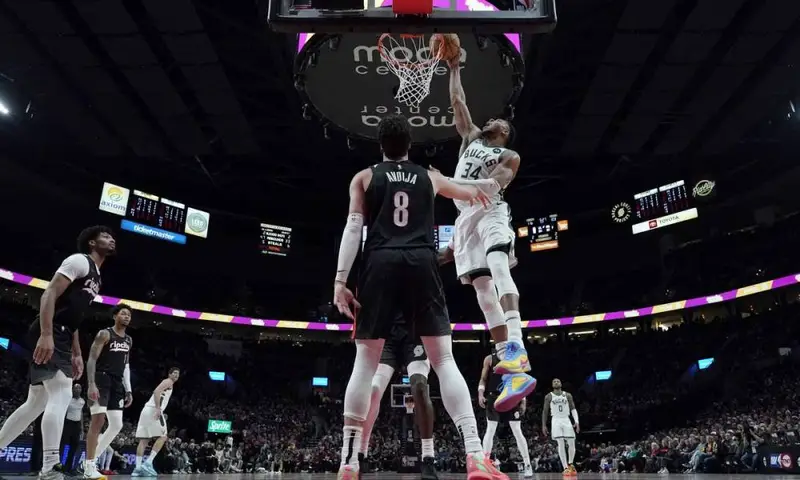
Then, I started playing around with different ways to analyze this data. I'm no expert, but I know a little bit about basic statistical models. I tried a few different things, tweaking the settings, seeing what worked and what didn't. It was a lot of trial and error, like trying different recipes until you find one you like.
Honestly, I spent hours just staring at spreadsheets and graphs, trying to make sense of it all. My eyes started to glaze over at one point. I almost gave up, but then I hit on something that seemed to work a little better than the other stuff I'd tried.
It's not perfect, by any means. It's more like an educated guess than a sure thing. Basketball is way too unpredictable for any model to be 100% accurate. There are injuries, hot streaks, cold streaks, and just plain dumb luck that can throw everything off.
But, after all that tinkering, I managed to get a model that was right more often than it was wrong, at least when I tested it on past games. I inputted the numbers for the upcoming Magic-Blazers game, crossed my fingers, and... well, the results are in but I'm gonna keep those to myself. 😉
So, that's my little data adventure. It was frustrating at times, but also kinda fun. It's like solving a puzzle, except the puzzle keeps changing shape. I'm definitely not going to quit my day job to become a professional sports predictor, but it was a cool way to spend a few evenings.

First thing I did was hit up some of the usual spots – some famous websites. I wanted to see some mock drafts and player profiles. Basically, I wanted a general overview of what the "experts" were saying about him.

After getting a feel for the general consensus, I wanted some hard data. So, I spent some time on sites with basketball reference. I was checking out his points per game, assists, rebounds, shooting percentages – the whole nine yards. You gotta see the numbers to really know what's up, you know?
Numbers are cool, but you gotta see the guy play. I went to that popular video site and searched for "Ryan Nembhard highlights." I watched a bunch of clips, trying to get a feel for his game. Does he have that "it" factor? Can he create his own shot? How's his defense?
Then, I went down a bit of a rabbit hole. I hit up that big social media site, checking out what people were saying. I've found searching his name and some keywords like "draft" or "NBA" can give you some interesting opinions (and some crazy ones, too!). It's all part of the fun, though.
After all that, I felt like I had a pretty good handle on Ryan Nembhard's draft potential. It's not an exact science, of course. A lot depends on team needs, workouts, and all that. But it was cool to do my own little scouting report. It definitely made watching the games more interesting!

First, I opened up my usual sports sites. I needed to get a feel for what the "experts" were saying. You know, the guys who supposedly know everything. I skimmed through a few articles, looked at the projected scores, and checked out any major injuries on either team.
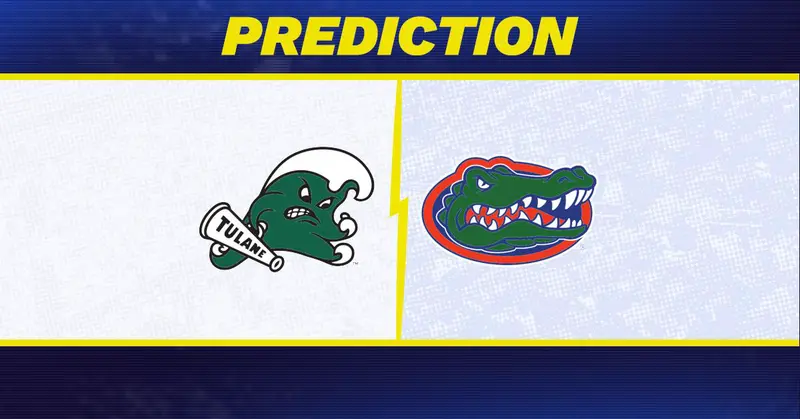
Then I got a littl bit into numbers. I compared the teams' stats – offense, defense, all that jazz. I'm not a stats wizard, but I like to see if there are any big mismatches. You know, like a really strong offense going up against a weak defense.
I also considered the "intangibles." Things like home-field advantage, weather conditions, and even the teams' rivalry history. Sometimes, those things can matter more than the numbers.
I reviewed USF and Tulane recent preformances, I've looked at their scores, how they handled pressure situations, and their overall energy on the field.
After all that, I jotted down my own prediction. I'm not gonna lie, it's mostly a gut feeling! But it's a gut feeling based on all the info I gathered.
Finally,I placed a small, responsible bet. It's more about the thrill of the game for me than making big bucks. I'll be watching the game, cheering (or maybe yelling) at the TV, and seeing if my prediction pans out. Win or lose, it's always a good time.

First, I needed to find a reliable source for game stats. so I pulled that up on my computer.
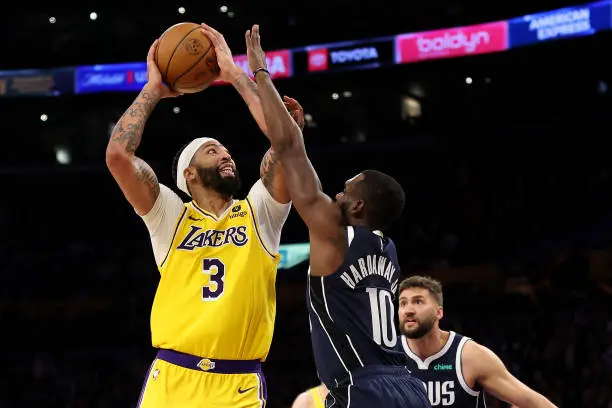
Once I got there, I started looking for the games where the Celtics played the Mavericks. It took a bit of scrolling, but I found them.
After I've collected all data of Derrick White, I put all the numbers into a note.
It's pretty clear seeing how White performed overall against the Mavs this season.

First, I dove into Soto. I had heard some good things, and it seemed like a solid, AWS-backed option. I started by pulling down the example project, you know, the one they recommend to get your feet wet. So far, so good.
I got the project, I opened it up in Xcode...and then, bam! Errors everywhere. Turns out, the dependencies were a bit of a mess. Something about the versions not quite lining up. After a few frustrating hours of fiddling with the `*` file, and trying to decipher cryptic error messages. Eventually, I got it to compile, Finally!
Once I got past the initial setup hurdles, Soto actually felt pretty good. It's very structured, and I could see how it would scale well for a big project. It's got a lot of built-in stuff for working with AWS services, which is cool if you're already in that ecosystem. The way you define routes and handlers is very, how do you say, Swift-y, and its use of async/await is pretty slick.

But, it did feel a bit...heavy. I'm a simple person and I like simple things. There's a lot going on under the hood, and I found myself wondering if I really needed all that power for my relatively simple API.
That's when I decided to give Wheeler a try. I had seen it mentioned in a few places, and the "lightweight" description definitely caught my eye. Setting up Wheeler was ridiculously easy. Seriously, it took, like, five minutes. There's minimal boilerplate, and you can get a basic "Hello, world!" server running almost instantly. It's almost the opposite of Soto!
Wheeler is super focused. It doesn't try to do everything. It handles routing and requests, and that's pretty much it. Which, honestly, is often all I need. It uses a simpler, closure-based approach for handling requests, which felt more familiar to me, coming from other web development stuff I've done.
So, where did I land? Well, it depends.I love that it's made by a single person who just made it to be fun and help other developers.
If I was building a small, focused API:I'd probably reach for Wheeler. It's just so easy to get going, and it doesn't get in your way.
It's like comparing a sports car to a big, powerful truck. Both have their uses, but you wouldn't take the truck to a race track, and you wouldn't use the sports car to haul a ton of cargo.
This is just my experience, of course. Your mileage may vary. But I hope this little adventure of mine helps someone out there make a more informed decision. Happy coding!

First, I fired up my trusty old laptop. It's a bit slow, but it gets the job done. I opened up my browser.
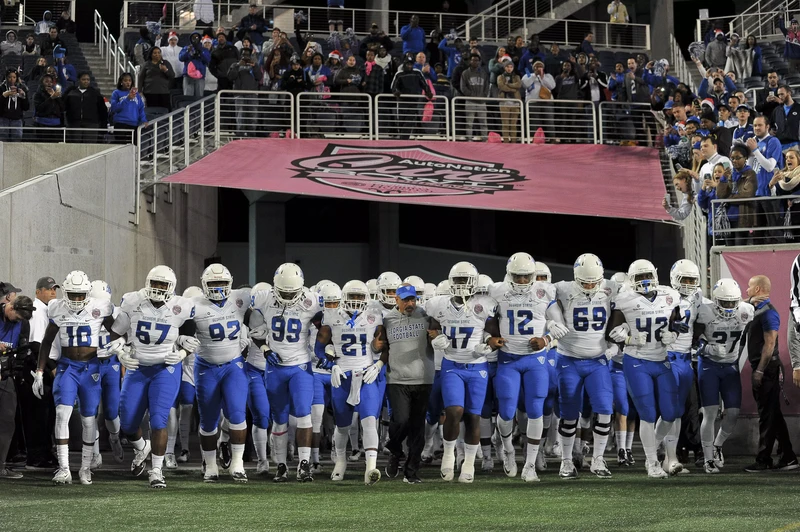
Then, I typed in "georgia 2015 football schedule" into the search bar. I hit enter and waited for the results to load.
The search results popped up.I scrolled through the,looking for an easy way to view the full schedule. I wanted something clear and simple, nothing too fancy.
I went through the results and copied the whole schedule, game by * put them together.
So yeah, that's how I got the 2015 Georgia Bulldogs football schedule. Nothing too complicated, just a bit of searching and organizing. It was a fun little trip down memory lane!

First, I needed data. Lots of it. I spent a good chunk of time scraping websites for past match results, team stats, player performance – you name it. It was a bit of a messy process, let me tell you. I ended up with a giant spreadsheet filled with numbers, dates, and team names.
Next, I had to figure out how to make sense of all this information. I'm no data scientist, but I remembered reading about some basic statistical models that could be used for predictions. So, I dusted off my old stats textbook (okay, I Googled it) and started playing around with different formulas.

Honestly, "model" might be too strong of a word for what I ended up with. It was more like a glorified calculator. But hey, it was my glorified calculator! I used a spreadsheet program to put all my formulas together. It was pretty satisfying to see the numbers crunching and spitting out predictions.
The initial results? Well, let's just say they were...mixed. Some predictions seemed reasonable, while others were way off. I quickly realized that predicting soccer matches is way harder than it looks! There are just so many variables involved – player form, injuries, tactics, even the weather can play a role.
I kept tweaking my formulas, trying to find the right balance. I added more data, removed some, and adjusted the weights. It was a constant process of trial and error. I even started tracking my predictions against actual match results to see how I was doing.
After a while, I started to see some improvement. My predictions weren't perfect, but they were getting better. I realized to improve this I need to add more influence parameter, it is going to take lots of work.
So, that's where I'm at now. It's still a work in progress, but it's been a fun and challenging project. Maybe one day I'll have a prediction model that can rival the pros, but for now, I'm happy just tinkering away and learning as I go.

First, I watched some of their older fights. You know, just getting a feel for how they move, their strengths, their weaknesses... that sort of stuff. Randy Brown, he's got that reach, man. He's tall and uses it well. Keeps guys at a distance. Dos Santos, on the other hand, is a bit more compact, likes to get in close and brawl.

Then I started looking at their records. Wins, losses, how they won, how they lost... all that jazz. It's not just about who won more, but how they won. Did they knock guys out? Submit them? Go the distance and win by decision?
I spend time looking at some articles and a few forum threads where people were discussing the fight. Always good to see what other folks are thinking, you know? Gets you some different perspectives. Some people were really hyping up Brown's striking, others were talking about dos Santos' ground game.
After all that, I had to, you know, actually make a prediction. It wasn't easy! I kept going back and forth. Brown's reach advantage is huge, but dos Santos is tough as nails and can take a punch. I probably changed my mind, like, five times.
Finally, I just went with my gut. And honestly, that's sometimes the best you can do. You gather all the info you can, but in the end, it's still a fight. Anything can happen. I'm not gonna tell you my pick here. I am just sharing my experience with this prediction. We will see the fight result.

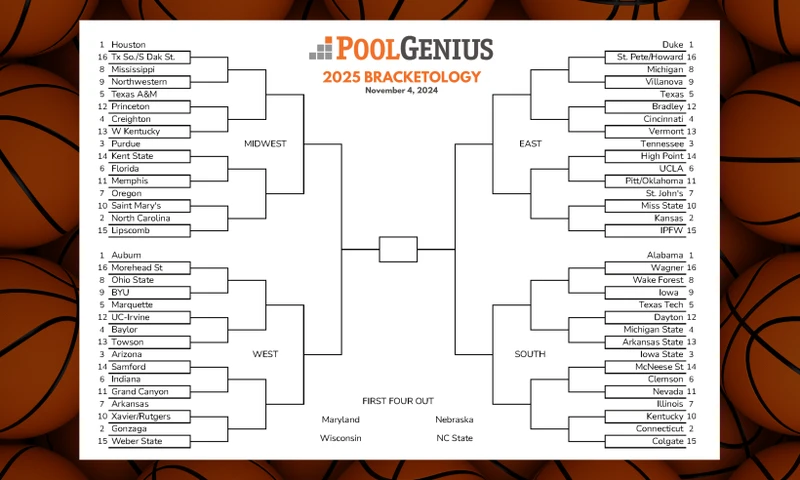
First, I dug into the team stats. I mean, you gotta start with the basics, right? I looked at their recent games, wins, losses, who scored what, all that jazz. It felt like sifting through a mountain of numbers, honestly.
Then, I started checking out what the "experts" were saying. You know, those sports analysts who always seem so sure of themselves. I read a bunch of articles, watched some videos, trying to get a feel for the general consensus. Problem is, everyone seemed to have a different opinion! Some were leaning towards South Florida, others were all about Charlotte. Made my head spin a bit.
After I tried to make my own analysis, I am still confusing. But, I did it!

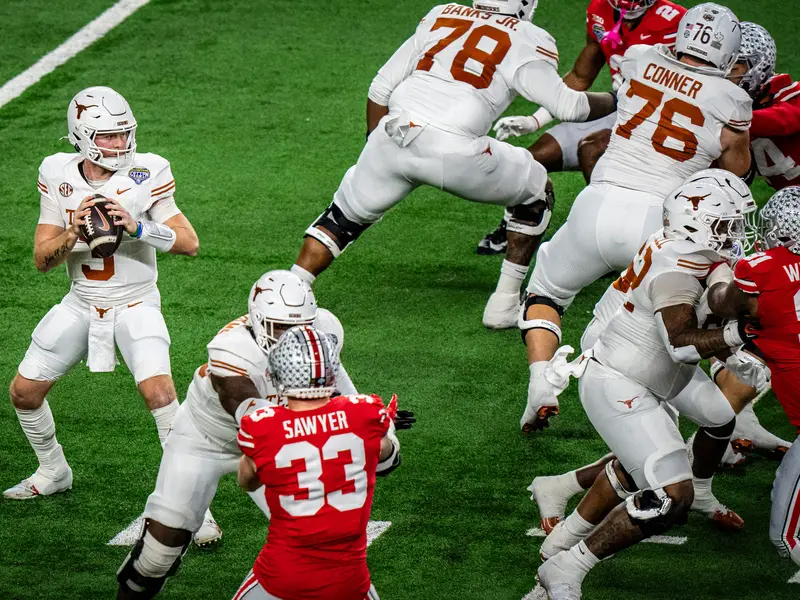
First, I looked at Georgia State. I checked out their recent games, you know, how they've been playing, who their key players are, and all that stuff. I jotted down some notes on their offense and defense – what seems to be working for them, what's not.
Then, I did the same thing for Marshall. I dug into their stats, their wins and losses, and how they match up against similar teams. I made sure to pay attention to any injuries or anything that might affect their performance.
After that, it was all about comparing the two. I laid out my notes side-by-side and started looking for patterns. Like, how does Georgia State's offense do against a defense like Marshall's? And vice-versa. Where are the strengths and weaknesses on both sides?
Finally, I put it all together. I kind of weighed all the factors, thought about the possible game scenarios, and came up with my prediction. I'm not saying I'm always right, but it's a fun exercise, and sometimes I get pretty close!

First, I dug around for some data. You know, past scores, player stats, that kind of stuff. It's all over the place, so it took a while to gather everything up.

Then came the hard part – actually trying to make sense of it all. I tried a few different approaches, some simple, some a bit more… complicated. I played around with some basic calculations, looked at win-loss records, and even dabbled in some (very) amateur statistical analysis.
Honestly, a lot of it felt like throwing darts at a board. Some of my "predictions" were way off, and I quickly realized I needed to adjust my approach. I spent hours tweaking things, trying different formulas, and basically just experimenting.
After all that work am I confident with my prediction result? No.
But that's just my take, based on my very non-expert analysis. Don't go betting the farm on it!

First, I had to figure out where to even start. I mean, I like watching hockey, but I'm no expert. I needed data, and lots of it. So I hit up the internet, searching for stats on both teams. Goals scored, goals against, power play percentages... you name it, I tried to find it. It was a bit of a mess, honestly, just a bunch of numbers and tables that didn't make a whole lot of sense at first.
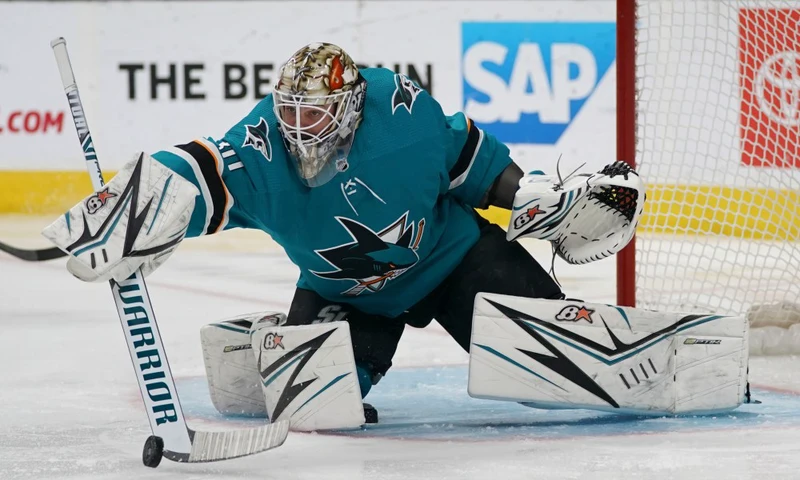
After gathering all this stuff, I started plugging it into a spreadsheet. My plan was to create some kind of basic model, I thought maybe I focus on the most recent games of these two hockey teams, also checking the history data of these two, to see how these two teams did, that might make a simple way to predict.
I spent a good chunk of time just staring at these numbers, trying to see if anything jumped out at me. It's kind of like looking for patterns in the clouds – sometimes you see something, sometimes it's just... clouds.
Based on my very rudimentary analysis (and, let's be honest, a bit of gut feeling), I made my prediction. It felt more like an educated guess than anything, though. Predicting the future is hard!
Honestly, it's a fun exercise, but I wouldn't put any money on my prediction. There are just so many variables in sports! A goalie could have an amazing night, a key player could get a lucky bounce, or the refs could make a controversial call. It's all part of the game.
Maybe I check the result for fun, It is fun to do this prediction myself.

Sports news blog
Hope this sorts out your pressing problem, mate